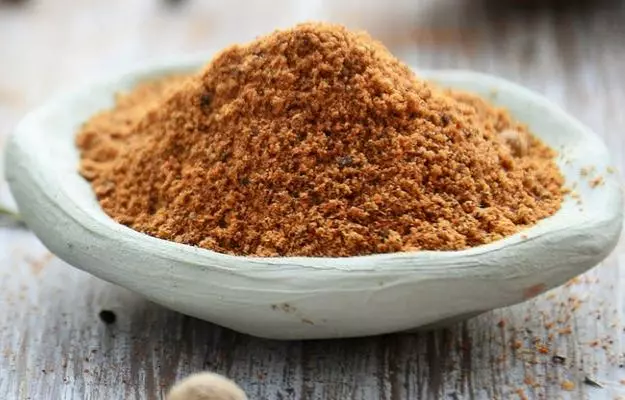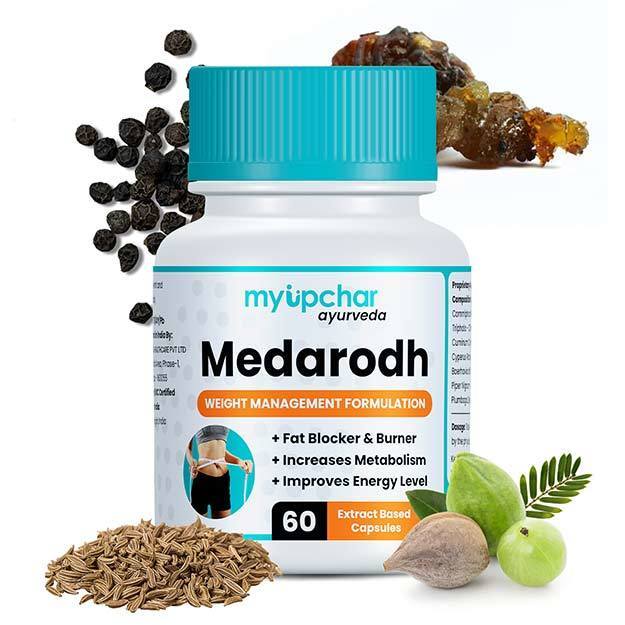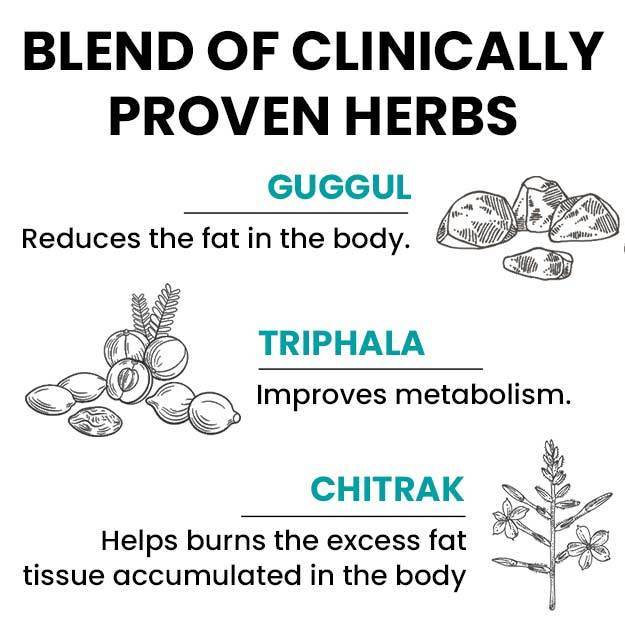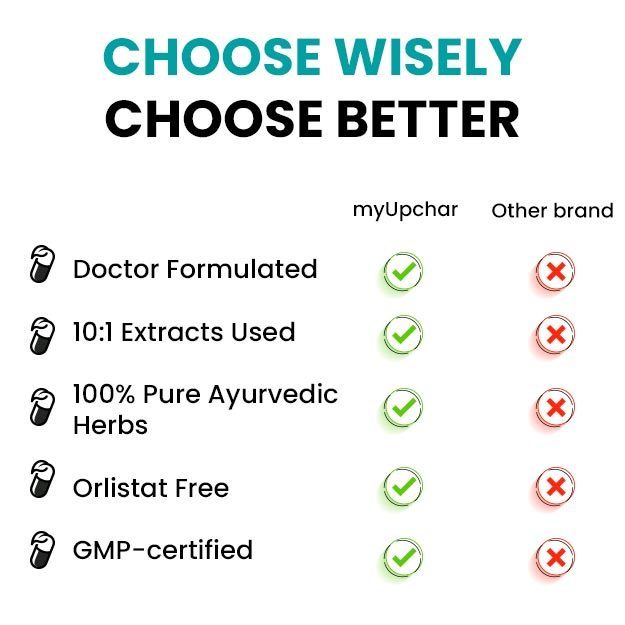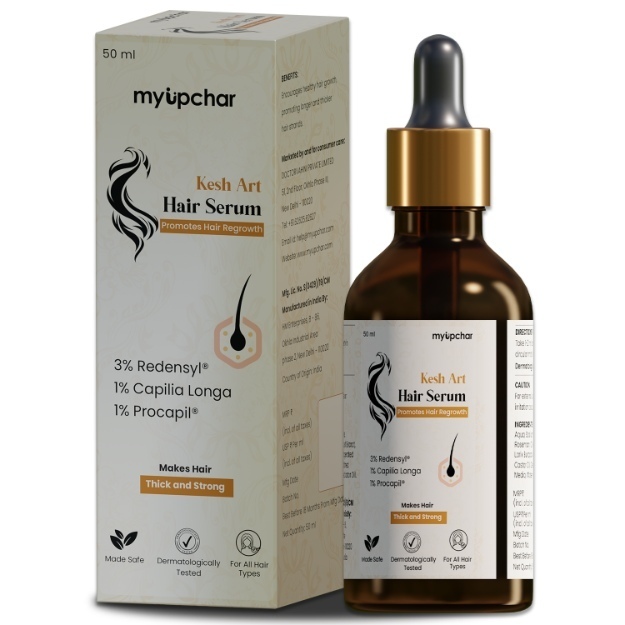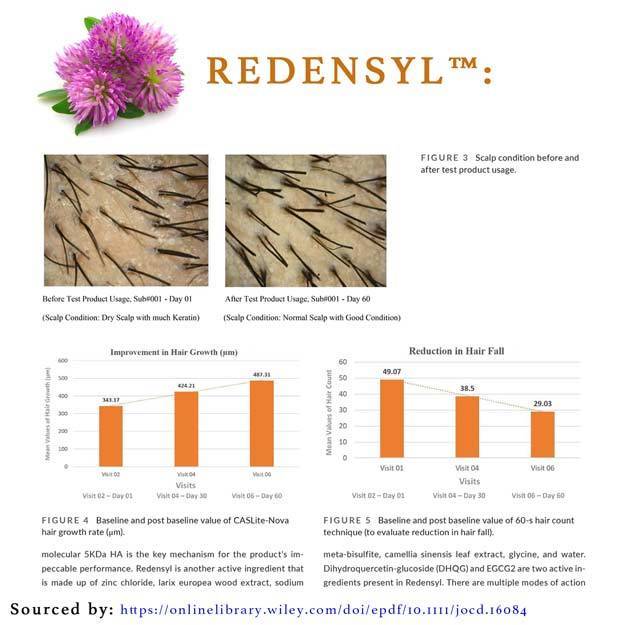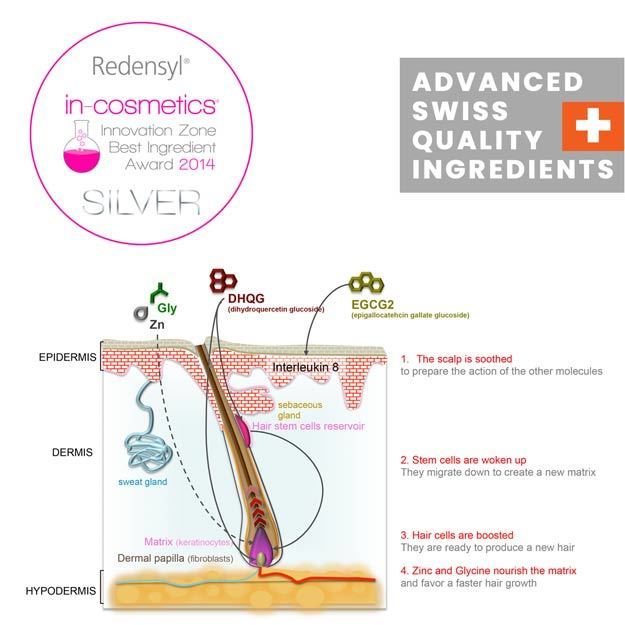For the last 5000 years, the Ayurvedic system of medicine has been using a number of herbs for their medicinal and health-building properties. the Ayurvedic and folk medicine systems rely on a more holistic approach. In this article, we will highlight the benefits and uses of a valuable herb named Triphala. If you take herbal or ayurvedic medicine regularly, Triphala may not have escaped your notice. Mentions of the famous polyherbal (made of more than one herb) formulations are found in one of the ancient Ayurvedic texts named “Sharangdhar Samhita” and the health benefits of Triphala, in particular, can be found in “Charaka Samhita”. Read further to find out everything about the herb Triphala.
Did you know?
In ayurveda, triphala is known to balance all the three doshas (Vata, Pitta and Kapha) of the body. Triphala is known to contain five of the Rasas or tastes explained by the ayurvedic medicine. It is sweet, sour, astringent, bitter and pungent. The only taste or rasa it does not possess is salty.

